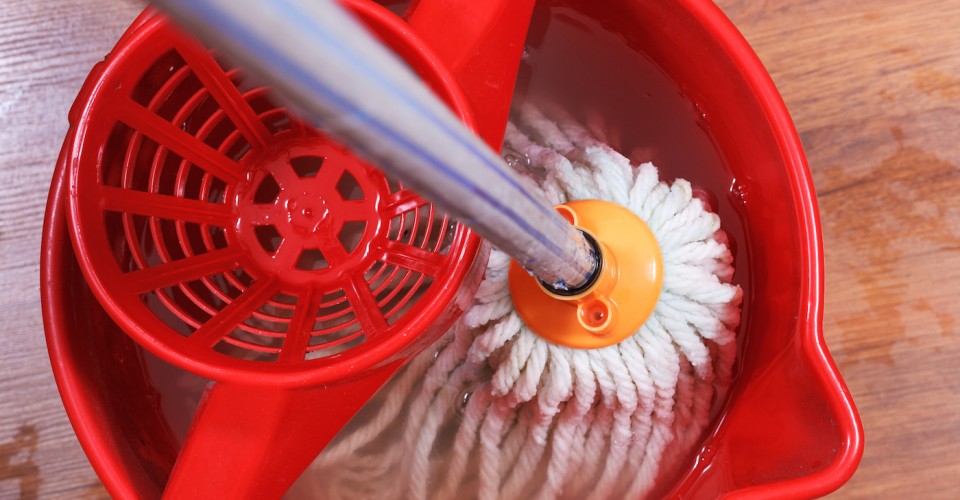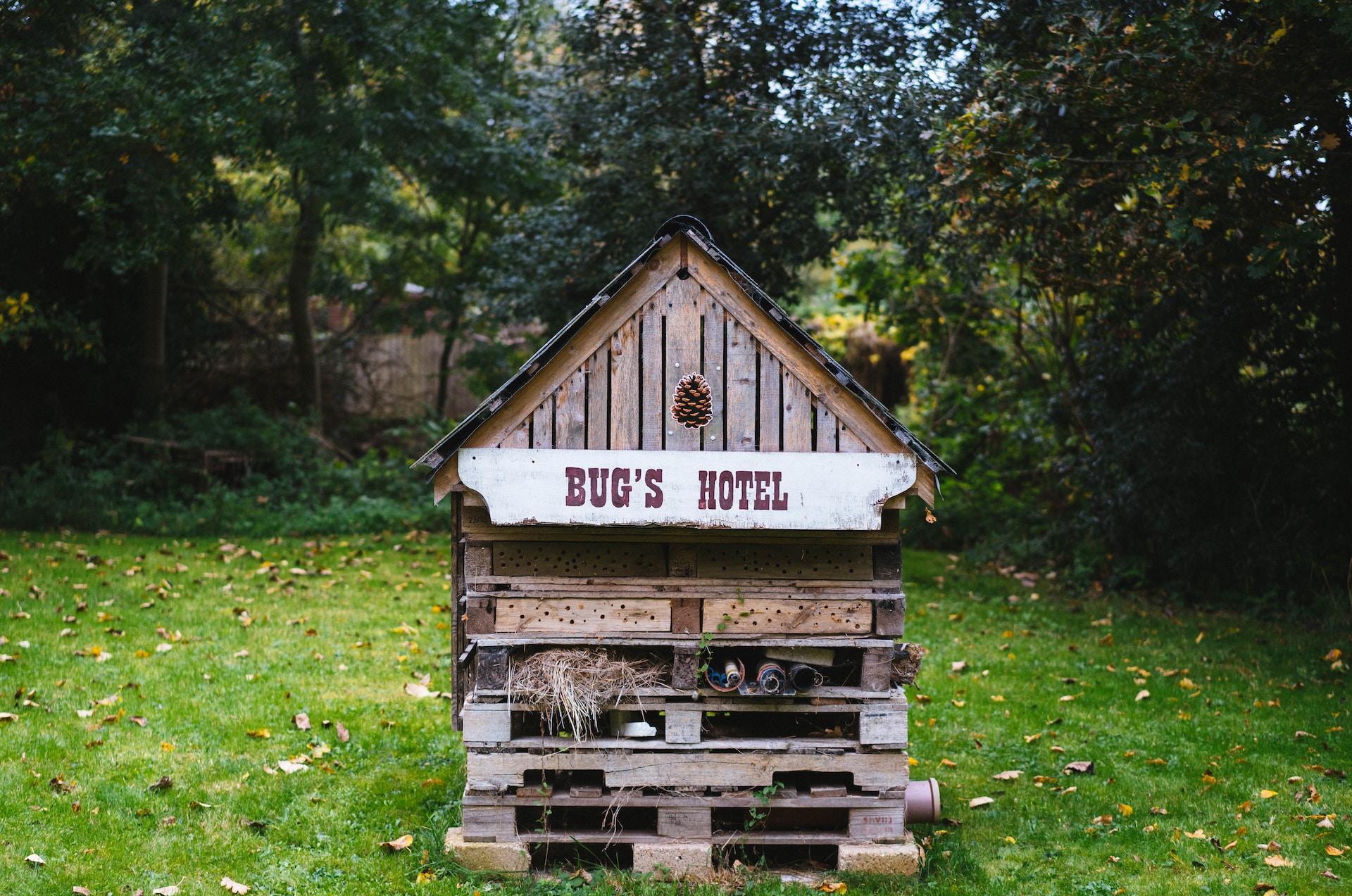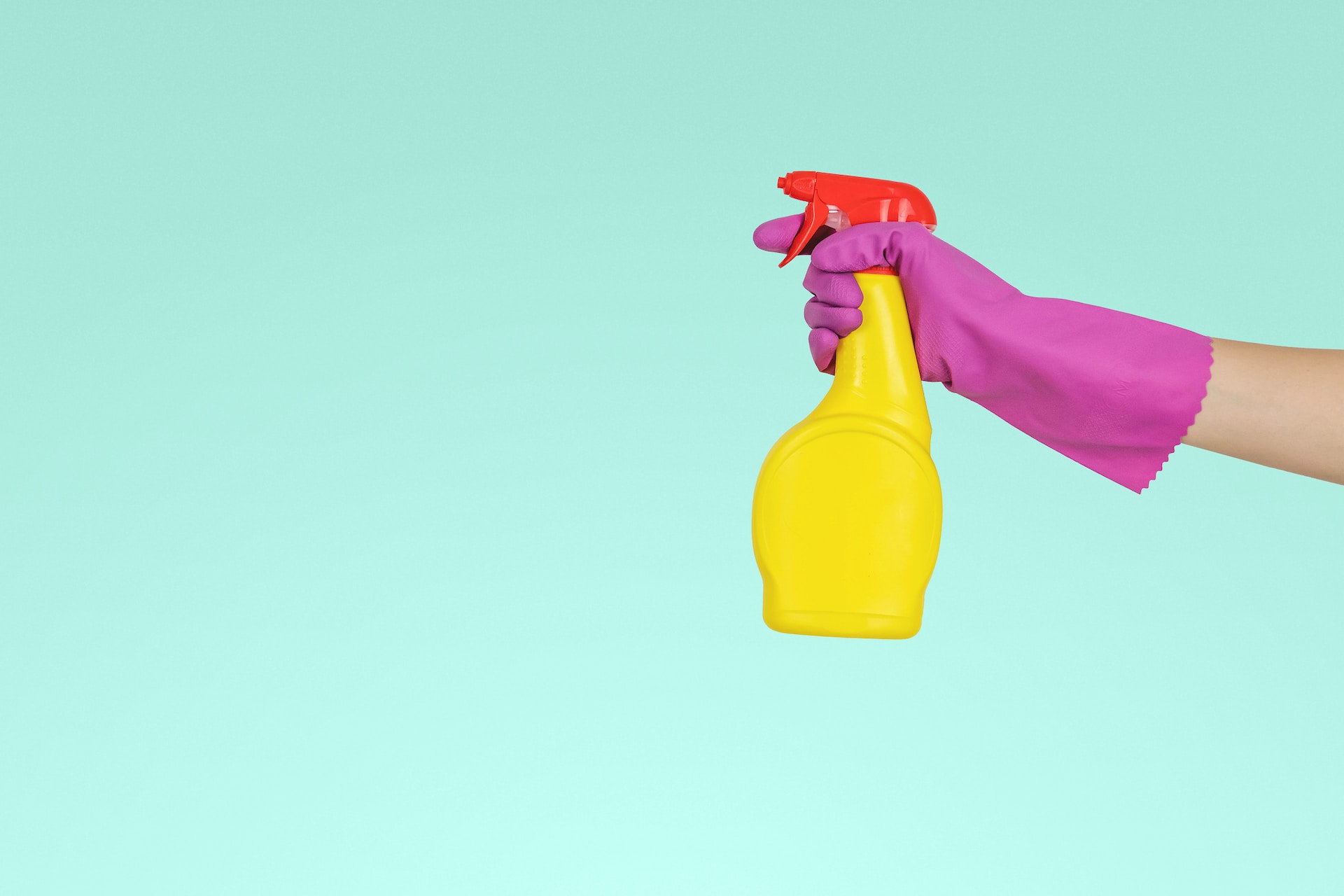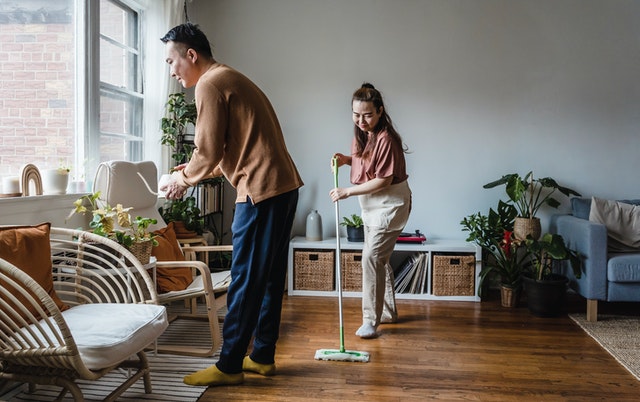Spring is here and like most homeowners, I’ve been spending time opening windows and clearing the (literal) cobwebs from my home. The air is a bit warmer, the light lasts longer and although my yard will need some help recovering from the winter chill, it feels good to step outside. Spring cleaning is a ritual for many homeowners, we feel more inclined to change our decor and tidy up from the long winter of near-hibernation. But spring cleaning is also a ritual because many people suffer from pollen-related allergies; the sneezing and snuffling motivates us to clear the dust and the clutter. Cleaning companies are busier as homeowners desire a thorough clean (windows, carpeting, appliances, etc.). It’s the perfect time of year to scrub the corners and crevices of the home.
Allergens can be the fault of blooming trees and plants and can easily make it’s way into our homes. Allergens can also come from the home itself: dust mites, insect droppings, pet dander, mold and mildew are all known contributors to respiratory issues. If your family is suffering from constant itchy eyes and sinus issues it’s a good idea to thoroughly clean the inside of your home. Be sure to use non-toxic cleaners (you can find easy and inexpensive cleaning recipes here) so you don’t further aggravate a family member’s sensitivities. You’ll love your home more if it’s not making you physically sick!
I recently sat down with The Consumer Man, Herb Weisbaum, to answer questions about spring cleaning and indoor air quality (you can click here to listen). Or check out my KOMO TV News segment where I offer quick tips for making your spring cleaning routine easier on your lungs.

Click here to watch this short segment where I give quick tips for kicking out the dust while protecting your lungs.
Here are the most common rooms to address if you are suffering from allergies:
Kitchen
First and foremost, be sure you are regularly wiping down surfaces including the hard-to-reach areas like behind appliances or inside cupboards. Paying attention to the accumulation of dust and debris in these “hidden” areas will help you spot early signs of insects and other pests. Pet hair and dander also love to gather in the corners and recess of the kitchen. Clean out the vents so that smoke and steam are ventilated properly during cooking. Mold and mildew are a constant battle in the kitchen where moisture, temperature and food gather together. Make it a habit to regularly clean out the refrigerator and pantry. Wipe down the rubber seals on your refrigerator, freezer and dishwasher. Regularly wipe down the garbage can and surrounding areas. Homeowners usually enjoy a clean kitchen and unfortunately many of us use toxic chemicals to create a sanitary environment. These chemicals are often irritating to sinuses, lungs and skin so consider using these easy-to-follow and inexpensive natural cleaners.
Bathroom
Mold and mildew will be your biggest chore in the bathroom. To make things easier, keep a small tub of non-toxic cleaning products in the bathroom so you can quickly clean on a regular basis (read these tips on how to clean like a pro). Replacing plastic shower liners with a resistant liner can help. As does making sure you have a properly installed bathroom vent to help suck out the moist air. Dust and dander can also accumulate in the bathroom so wipe down surfaces once a week.
Bedroom
The biggest chore in the bedroom is addressing dust mites and other allergy-triggers. Pillows and mattress covers should be replaced every 1-3 years. Some pillows don’t wash very well so read the label if you plan on washing them. Using a high-quality pillow cover and pillow case can help extend the life of your pillow. Vacuuming regularly under the bed, where dust bunnies accumulate is important as is keeping the surfaces near where you sleep (like your nightstand) dust-free.
Attic & Basement
If your attic or basement are used for storage you’ll want to check your belongings for dust accumulation, mildew and pests. Because these areas are usually walked through or inspected, it’s an opportune place for things to grow and accumulate. Cleaning and organizing these spaces is the best way to start the process. If you notice a lot of dust and debris be sure to wear a HEPA mask so you don’t inhale unwanted toxins. Call a debris hauling company if you have a lot of items that should be removed permanently from the home. Instead of storing items in cardboard, consider purchasing clear plastic boxes. They are easier to stack and it’s easy to see from afar what the boxes contain. Storing the boxes on inexpensive shelving will also help you consolidate items. Any plumbing in the basement should also be inspected for leaks as mold and mildew can quickly gather in a basement. There are easy-to-make recipes that are non-toxic and help clean these rooms, find them here.




